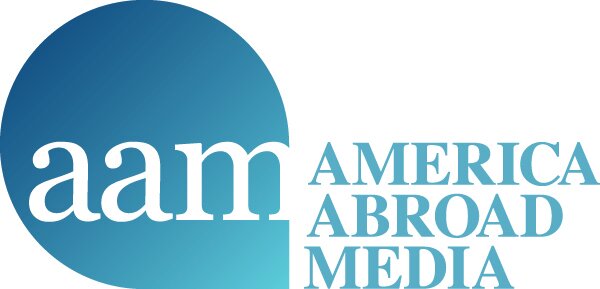Tara Sonenshine
Growing up as the granddaughter of immigrants from Russia and Poland, Tara Sonenshine always had a passion for giving back. Though they rarely spoke of it, Sonenshine knew of the difficulties her Jewish grandparents faced through pogroms and other discriminatory practices. She also knew that the United States was the beginning of a new life for them.
"When your roots are steeped in a history of discrimination, anti-Semitism, you recognize the importance of freedom and democracy, and you want to contribute to that," she says.
Sonenshine went on to study political science at Tufts University and had her first overseas experience on a study abroad program to London, where she clerked for a member of Parliament.
"International travel led to a deep curiosity about the world and about the lives of others," Sonenshine says. "I was destined to work in foreign affairs and to be connected to the world at large."
Beginning her career at Koppel Communications as an editorial producer, Sonenshine moved on to an exciting few years at ABC News, where she eventually became the editorial producer of Nightline. While there, she covered South Africa, the Philippines, Iran, Cuba, China and Russia, witnessing the fall of the Berlin Wall, the release of Nelson Mandela, the end of the Soviet Union and aftermath of Tiananmen Square. On a trip to Moscow in 1994, Sonenshine met with David Gergen, a journalist who had recently transitioned from U.S. News and World Report to the White House as its communications director. Their conversation laid out the benefits of working in the communications and public affairs field, and Sonenshine eventually joined the Clinton Administration as Assistant to the President and Deputy Director for Communications, and later as Assistant to the President and Director for Foreign Policy Planning.
Sonenshine worked for several other organizations over the years, including Brookings Institution, WomensNewsLink.com and the United States Institute of Peace as its Executive Vice President.
In early 2012, Sonenshine received a call about the position of Under Secretary of State for Public Diplomacy and Public Affairs, and in April 2012, she was sworn into office by Secretary of State Hillary Clinton. As Under Secretary, Sonenshine traveled all over the world to represent the United States and explain policies to overseas citizens. On one particular trip to Pakistan, she had interesting conversations with girls at Lahore's Kinnaird College, finding an "internal dynamic" among the group of being both angry at and curious about the United States.
"Part of public diplomacy is engaging with overseas citizens to explain yourself, even if they don't like what they hear," Sonenshine explains. "You still want to engage them."
Having ended her tenure as Under Secretary earlier this year, Sonenshine now joins SMPA as a Distinguished Fellow. Her time here will consist of events, panels, guest lectures, brown bags and mentoring opportunities.
"I'm hoping to contribute to the work that GW is doing in the global space and communications. I'm hoping to mentor young people," Sonenshine says. "I'm hoping to push the public discourse forward, to be a resource to the University and lend my experience to young people who might be at the intersection of public affairs and media."
Reminding students to always be curious and communicative, Sonenshine says the current issue of Syria is important in terms of engagement and communication, particularly among American citizens.
"We celebrate the fact that we're having a national debate about international affairs, because the important thing is that we're finally engaging in the big questions of war and peace.

